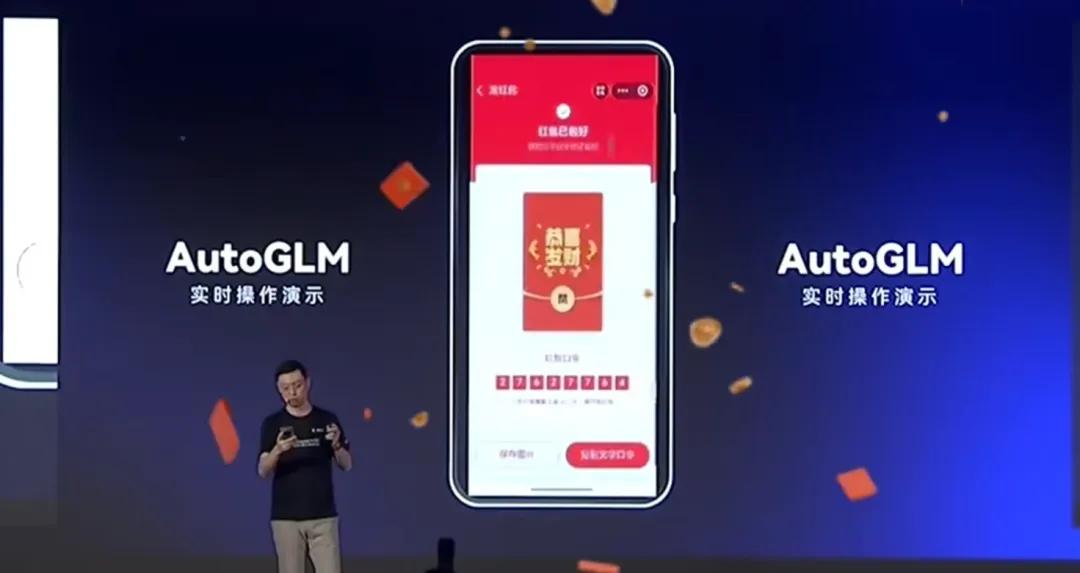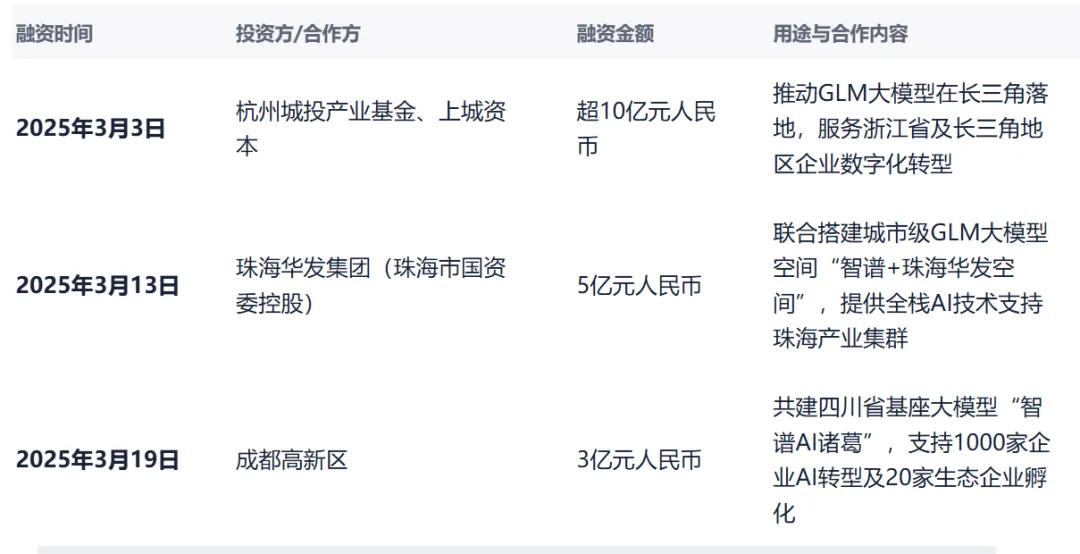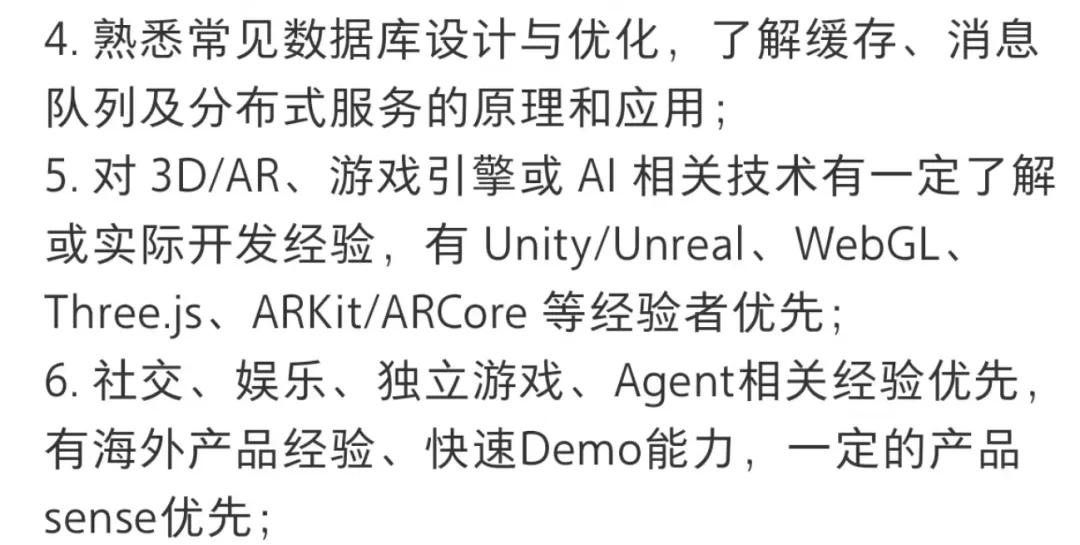DeepSeek and Manus Merged? Zhipu Doubles Down on AI Agents
![]() 04/01 2025
04/01 2025
![]() 578
578
Last November, AI agents could send red envelopes and order coffee; now, they've learned to earn money on their own.
Four months later, Zhipu once again held an OpenDay centered around AI agents. This time, they unveiled a new AI agent product with deep thinking and autonomous operation capabilities – AutoGLM Reflection (hereinafter referred to as "Reflection").
This represents a deep integration of two of their most popular products, DeepSeek and Manus.
Tasks that previously required hours of searching and data integration, such as writing analysis reports and statistical market dynamics, are now handled by AI. All the user needs to do is assign the next task.
With these capabilities, AI agents have even begun helping individuals with side hustles.
"Fourteen days ago, we registered a Xiaohongshu account and used the new AI agent to generate posts. In two weeks, we gained 5,000 followers and received multiple commercial order invitations," said Zhang Peng, CEO of Zhipu. "Yesterday, we issued our first commercial order and earned 500 yuan."
From initial commercialization through large model privatization deployments to the implementation of "AI agents" at the end of last year, Zhipu, which received the most funding among the "six tigers" in large models, has increasingly clear commercialization paths.
The free launch of "Reflection" indicates that while Zhipu persists in serving the B-end (enterprise level) with its products, its determination to focus on the C-end (consumer side) is also clearer.
Serving both B-end and C-end seems to be a characteristic of this generation of AI companies, as Zhang Peng told Guangzhui Intelligence, "Whether it's 2B or 2C, ultimately, it's about serving people."
However, Zhipu's generosity in AI applications may be paving the way for enterprise-level implementations. Whether it's establishing deep capital and business ties with cities or expanding overseas to the "ten ASEAN countries and the Belt and Road Initiative," it is evident that Zhipu is more adept at implementing this set of government-enterprise large models.
According to Intelligence Emergence, in February 2025 alone, Zhipu's revenue exceeded 100 million yuan. Based on previous understandings from investment circles by Guangzhui Intelligence, Zhipu's revenue for the entire year of 2024 was around 600 million yuan. Based on this calculation, Zhipu's revenue in 2025 may double.
It seems that Zhipu, which is heavily invested in AI agents, has ushered in the second phase of large model implementation in 2025.
What does Zhipu aim to achieve with AI agents after Manus?
Entering 2025, companies are launching AI agents based on their own unique visions.
With the popularity of Manus and OpenAI's DeepResearch, the AI agent "Reflection" launched by Zhipu this time also has its own distinct approach – combining "deep thinking" with the "autonomous operation capabilities" of AI agents.
Judging from the on-site demonstration, AutoGLM Reflection is particularly suited for assisting workers who need to quickly collect and learn a vast amount of content to complete a research report. All you need to do is set a goal for the AI agent. It can not only execute the "planning" tasks of the AI agent, breaking them down into multiple small goals according to your needs, but also effortlessly utilize various tools.
Compared to traditional AI search engines that rely on web search and information integration, AutoGLM Reflection is not satisfied with merely collecting web information that search engines can flip through. It also queries corresponding corporate websites, Zhihu/Xiaohongshu, and other social media platforms based on target needs to find and cite the required information.
During our experience with AutoGLM Reflection, Guangzhui Intelligence used the prompt, "Explain the development of Zhipu and its position in the industry," and requested AutoGLM to issue a report. After breaking it down into five steps, AutoGLM Reflection began querying information on the web.

Unlike previous AI search engines, Zhipu has expanded the platforms for collecting information and has learned to customize search content based on specific needs.
For example, during the search process, to further understand Zhipu's competitive landscape, AutoGLM Reflection not only opened Zhihu but also searched with the keywords "Zhipu AI Analysis Competition," only filtering out article-form content for further organization.
After waiting for about 10 minutes, AutoGLM Reflection provided a detailed report document covering information such as company overview, development history, core team technical background, product services, business model, and financing status.
The only drawback is that the final report of AutoGLM merely integrates and summarizes content from multiple sources. In the vast expanse of the internet, where it is challenging to distinguish true from false information, the directly output content inevitably contains factual errors and omissions. For instance, in the final output regarding valuation changes, Zhipu's valuation after its new round of financing was originally approximately 30 billion yuan, but the information here was mistakenly listed as 24 billion yuan.

Compared to AI agents on the market, Zhipu has accomplished a crucial feat this time, which is significantly reducing the usage cost of AI agents, bringing them closer to the goal of "usable by everyone."
Compared to Manus, which is currently only available in a small-scale public beta and is "visible but untouchable," Zhipu has been quite generous, directly promising unlimited testing upon release.
Previously, when discussing why the popularization of Manus was difficult, cost was a threshold that was currently difficult to cross. At a closed-door meeting previously held by Manus, researchers also shared that the cost of running a single task was as high as two dollars. One can imagine that this is not a cost price that a consumer-oriented product can afford.
Recently, Manus also provided its pricing method for AI agents. Currently, Manus offers two different membership versions, with the Starter (Basic) version costing 39 USD per month and providing 3,900 points. With an average consumption of approximately 600 points per task, it can complete about 6-7 medium-complexity operations per month; the Pro (Professional) version is priced at 199 USD per month and includes 19,900 points, theoretically capable of completing about 33 similar tasks.
Faced with the cost issue, Zhipu also provided its own solution, which is to train a reasoning model GLM-Z1-Air that sufficiently meets the needs of AI agents based on the underlying basic large model GLM-4-Air. By adding tool usage capabilities to this model, the adapted Reflection model GLM-Z1-rumination is finally trained.
The key to Zhipu's cost reduction lies in this new model trained according to demand. According to Zhipu, this model not only improves response speed but also reduces the price based on reasoning performance comparable to DeepSeek R1.
In terms of official pricing, GLM-Z1-Air is priced at 1/30 of DeepSeek R1. Based on the latter's pricing of 16 yuan per million output tokens, Zhipu's new model can achieve a price of only 0.53 yuan per million output tokens. Estimating that a single task may consume one million tokens, although the price of the Reflection model has not been announced, its cost reduction is also considerable.

Compared to OpenAI's similar AI agent DeepResearch, which requires membership use with 10 free uses per month, Zhipu's unlimited free access is highly valuable.
However, due to the fully free and open use, if the number of users is large enough and the number of uses is not limited, this will also be a considerable cost for Zhipu.
It can be said that in order to continue to compete and maintain a leading position in the field of AI agents, Zhipu has also made a "show of strength" regardless of cost this time. If it can spark a DeepSeek-like effect, such a "loss-making advertisement" business will not be considered a loss.
From privatization deployment to AI agent implementation, a major turn in commercialization
A year has passed, and Zhipu has seen significant changes in its exploration of commercialization paths.
Last year, Zhipu's To-B cooperation was more concentrated in areas such as large model co-construction and model privatization deployment, mainly in the fields of communications, finance, energy, government affairs, etc., with a majority of projects involving state-owned enterprises and central enterprises. However, this year, Zhipu's business direction in cooperation with B-end enterprises has added an AI agent.
AI agents are not only the fruit of "laying eggs along the way" while Zhipu develops large model technology but also a key card it is playing in 2025.
In 2024, Zhipu's energy in the first three quarters was more focused on enhancing model capabilities. It was not until the fourth quarter that Zhipu released an AI agent that could be used on mobile phones and computers, demonstrating the effect of AI autonomous control. Since then, AI agents have begun to become another "hard dish" besides To-B.

In the fiercely competitive stage of the large model battle among the six tigers, commercialization has become a crucial issue on the table, and with AI agents, Zhipu has taken the lead in securing a victory.
Since AI agents are naturally compatible with smart terminals such as mobile phones, computers, and cars, Zhipu's OpenDay is not only a stage to showcase its strength but also a signal for Zhipu to recruit partners.
As one of the first companies among the six tigers to release an autonomous AI agent product, Zhipu has established AI agent-related cooperation with manufacturers such as Honor, ASUS, XPeng, Qualcomm, and Intel. In February this year, Zhipu officially announced its cooperation with Samsung, announcing that it will bring AI agent capabilities to Samsung's latest Galaxy S25 series phones.
The cooperation with the aforementioned enterprises has also brought considerable benefits to Zhipu. According to Intelligence Emergence, with the signing of large orders from Samsung and others, Zhipu's revenue exceeded 100 million yuan in less than a month after the holiday.
Now, Zhipu's AI agent business is not only limited to the B-end but also, as always, hopes to be open for use by the C-end. With this "unlimited free" AI agent product launch, Zhipu may aim to create a C-end phenomenal product, forging the next Manus.
Compared to the vision of the "four dragons" of the AI 1.0 era, when generative AI becomes mainstream, the "six tigers" of the AI 2.0 era have naturally more To-C possibilities in commercialization choices, which also provides an additional opportunity for the "six tigers" to achieve self-sustainability.
For Zhipu, although the logic of commercialization differs between the B-end and C-end, it is trying to find suitable methods from both ends.
"Whether it's C-end users or enterprise users, they will find their own ways to implement," Zhang Peng said to Guangzhui Intelligence. "Individuals (users) don't care much about your technical path or framework. As long as the usage is satisfying, it's fine. But for enterprises, they consider more issues such as safety, controllability, sustainability, updatability, iterability, and even the need to cultivate a maintenance team."
However, C-end traffic strategies have never been Zhipu's strong suit. Zhang Peng previously admitted in an interview that the main purpose of promoting C-end products is to demonstrate capabilities to B-end customers.
On the entrepreneurial path, there is no need for all-rounders. Perhaps doing what one is good at is best.
In the elimination race for large models, has Zhipu "safely reached base"?
"Layoffs, leadership changes, stopping base model training," at the beginning of 2025, the six tigers in large models have already diverged.
Commercialization has become a key concern for the six tigers. Finding more profitable businesses and ensuring the survival of enterprises have become top priorities.
MaaS, which mainly relies on API calls, is not a lucrative business, and the subscription system is also difficult to implement in China. Large model companies still need to find more profitable ventures.
Relatively speaking, Zhipu has been running very fast in commercialization. Whether it's large model privatization deployment or AI agent cooperation, Zhipu is trying to attract as many customers as possible.
In March this year, Zhipu completed three rounds of financing, obtaining funds from Hangzhou City Investment Industry Fund, Zhuhai Huafa Group, and Chengdu Hi-Tech Zone, with a cumulative financing of over 1.8 billion yuan this month.

Having successively obtained state-owned funds from three regions, Zhipu has firmly established itself in the "national team." For Zhipu, obtaining state-owned funds is not only to make up for research and development expenses but also to lay a foundation for early layouts with local industries, thereby obtaining more orders.
In the short term, these upcoming projects may not be highly profitable for Zhipu. Zhipu, which firmly stated last year that it would "not engage in price wars," is also giving profits to gain customers at the B-end.
Judging from the bid amounts, Zhipu's winning project amounts range from tens of thousands to millions of yuan, mainly in the fields of communications, finance, energy, government affairs, etc., with a majority of projects involving state-owned enterprises and central enterprises.
In competition with cloud vendors and other large factories, Zhipu has also offered quite attractive prices. Taking Zhipu's winning bid for Landwind Automobile as an example, Zhipu won the bid at 3.4881 million yuan, while Tencent Cloud and iFLYTEK's quotations were 13.3410 million yuan and 7.5896 million yuan, respectively, with its price being less than half of iFLYTEK's.
Obtaining less cost-effective customized projects is a considerable challenge for all large model enterprises, but Zhipu is more willing to "endure hardships" and undertake customized projects and privatization deployments that some large model startups explicitly refuse to do.
In 2024, Zhipu intensified its focus on exploring To-B implementation experience. Addressing the topic of project customization, Zhipu offered a pertinent response.
"In China, engaging in To-B business often elicits complaints, yet it is not devoid of benefits," Zhang Peng remarked. "It swiftly bridges the gap from technology to market implementation, enabling faster market penetration and value generation. Although this may involve a niche focus, requiring significant initial energy and resources, it can be grueling. However, once one individual breaks through, it becomes easier for others to follow suit and replicate success."
When it comes to AI agent collaboration, Zhipu adheres to a similar strategy. It prioritizes partnerships with manufacturers while simultaneously exploring the potential applications of AI agents in smart terminals through cooperation, thereby sustaining its leading position.
Beyond its commitment to AI agents, Zhipu is also delving into new business avenues – with overseas expansion potentially being its next crucial direction.
At today's OpenDay, Zhipu unveiled a new initiative aimed at promoting the international expansion of its original large models and solutions, thereby introducing its large model projects to overseas markets. Currently, Zhipu has established overseas partnerships to assist countries along the "Belt and Road Initiative" in developing national/regional-level autonomous large models.
In addition to exporting large model services, Zhipu is also amassing talent for its C-end overseas expansion, possibly paving the way for further exploration of the overseas AI application market. Guangzhui Intelligence has observed that Zhipu has posted a job opening for a full-stack engineer, explicitly stating the requirement for "experience in overseas social media/games."

Caption: Experience requirements for full-stack engineers recruited by Zhipu.
Amidst the fiercely competitive landscape for large models in 2025, Zhipu has firmly secured a foothold. However, amidst numerous resource-rich large factories and a continuous stream of emerging startups, Zhipu's journey towards achieving Artificial General Intelligence (AGI) is merely commencing.








